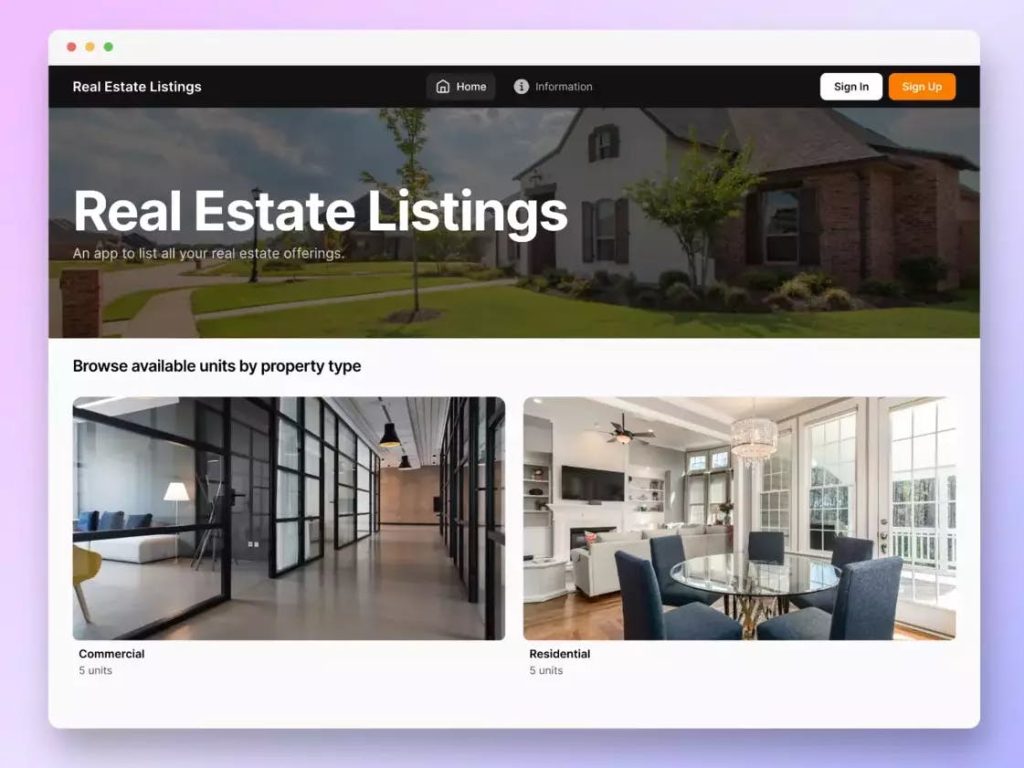How to make money using NoCode
A guide to making money and passive income from your NoCode skills as an Expert, by selling templates, and via partnerships.

Last week, I wrote about how anybody can get started with NoCode platforms. Today we are going to look at how to make money using NoCode.
Once you become comfortable using these platforms and understand their advantages and limitations, you can launch your next nifty idea using one of these NoCode platforms.
Good for you!
But if you’re like me, this may not be the path for you when it comes to working in the NoCode space.
For instance, I don’t feel passionate about one particular problem. But at the same time, I like building things using NoCode platforms. I have some knowledge about NoCode platforms, and there are people who will benefit from what I know and what I do in this space.
Therefore, if you want to follow my path, along with knowing how to get started, you might also want to know how best to put this new knowledge to good use, and maybe, make some money. If things work out for you, this can result in a valuable income stream for you too.
So, here we are.
The goal of this blog post is to share ideas to monetize one’s NoCode expertise.
Let’s jump right into it!
How to make money using NoCode by helping others
Every NoCode platform has a thriving community.
If you help enough people, or if people get enough value from you when you help the out, they wouldn’t mind buying you a coffee.
You could be providing value via the NoCode platform’s community, or even via social media channels like Twitter, and Facebook!
Buy me a coffee is a fantastic platform to let people around the world buy you a coffee, or many, for all the information and help you selflessly provide!
Ko-fi is another such platform.
How to make money using NoCode by selling templates/components/plugins
Many NoCode platforms have template stores.
Templates, in my humble opinion, not only allow people to get started with a pre-built product but also help them understand how certain things work.
For instance, some templates could be fully functional products, while some could simply be a proof of concept about how to do a certain thing using the functionalities of the platform.
A few NoCode platforms have plugins that extend the functionality of the platform. A great example is Jetboost for Webflow. Bubble, too, has a huge plugin library.
Use these avenues to put your ideas in the form of templates/plugins/extensions before enthusiastic customers. More often than not, these are one-time investments on your part, and these marketplaces keep paying without you having to do anything.
My income from Glide Apps template sales is completely passive once the template is published. Glide Apps does an excellent job of educating customers about how Glide is a great fit for their problem, and making these templates easily accessible for them to buy.
How to make money using NoCode by educating People about NoCode
A number of experts in the NoCode space educate their audience about the latest developments in the NoCode space. They publish content on their blogs, their YouTube channels, and speak at events about NoCode among other things. While these drive traffic and result in some small income streams (AdSense, YouTube Ads, etc.), this content also gets prospective clients in the door.
They also benefit from new NoCode platforms approaching them to become evangelists. A few enthusiastic folks also launch paid communities to get people to hang out and discuss all things NoCode.
I am not actively publishing content, but I do post screen recordings of my experiments in NoCode on YouTube sometimes. These are silent videos and you have to follow closely to see what I am doing. But I plan to change this soon and will probably create videos in Hindi.
Teaching NoCode Skills
A number of experts in the NoCode space also teach how to use NoCode platforms. Flowmingo from Mackenzie Child is an excellent example of an expert imparting their knowledge in a structured learning program. Nelson Abalos Jr also runs cohorts to teach users Webflow skills. Companies like Airdev run free bootcamps every month to teach you how to use Bubble. Apps Without Code is another example of teaching beginners how to launch their product ideas without writing code. While all the other courses listed above teach you how to use a particular NoCode platform in detail, Apps Without Code focuses on your specific idea. A few folks have also launched Udemy courses teaching about NoCode.
My previous post under NoCode provided you with directions to get started. There is a small chance that I will teach NoCode skills over video calls in small groups in the future. Probably, cohort-based courses (CBC), the new buzzword, is the answer to this.
Experts Program and Paid Consultations
Like everything else in the world, every NoCode platform has early adopters. These early adopters contribute prolifically to the platform’s community, experiment with the platform’s features, showcase how to use the latest features, stretch the platform’s capabilities beyond its limits, and many other things. They soon become experts in the space.
Before you know it, as the platform becomes feature-rich, it also becomes a little hard for people to get started with the platform.
A NoCode platform’s experts program comes to the rescue in such cases.
These experts help users get started with the platform, or even build the product for these new users. These typically become freelance engagements for both parties, where the clients want the developers to use a certain technology/platform to build the product they want.
I charge for introductory calls with my clients. While it pays me for the time I spend engaging with new clients, it also helps me filter out clients who are extremely price-sensitive.
Clients who pay me for introductory calls get valuable and actionable advice, and sometimes this small consultation is all they need to get them out of their mental block.
Affiliate Revenue
A few NoCode platforms also have Affiliate programs where you get paid a commission to get new users for the platform. Some of the platforms I have suggested in the NoCode – a Guide to Getting Started pay in cash, while some others pay in kind in terms of free resources, but most don’t.
If the platform itself doesn’t offer any affiliate income opportunities, you can build a directory of helpful resources that help you take the capabilities of the platform to the next level.
My personal app, a result of my About Me template, is an example of listing such resources across diverse platforms, applications, and tools.
Summary
NoCode is an exciting space, and it helps to be an early adopter when it comes to monetizing the effort you’re putting into understanding this space. If things work out, this could become a huge income stream for you, so much so that it becomes your primary source of income. So if you’re starting out in this space, keep an eye out for all these opportunities from the very start.
If you come across any additional sources of income, pen a note like this and share it with your audience!
PS: I used Copy.ai to generate the introduction of this blog post. Try it out if you liked it. And follow Paul to learn how to ‘build in public’ – a topic that warrants a post of its own.
PS: This post contains a number of affiliate links. If you sign up for a service listed in this post, the service provider may choose to share a part of the revenue with me, at no additional cost to you.
